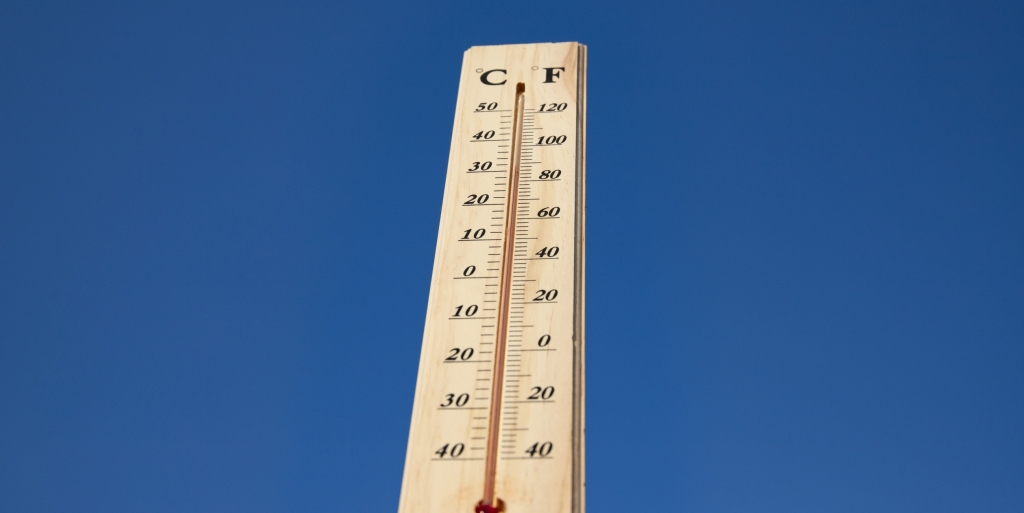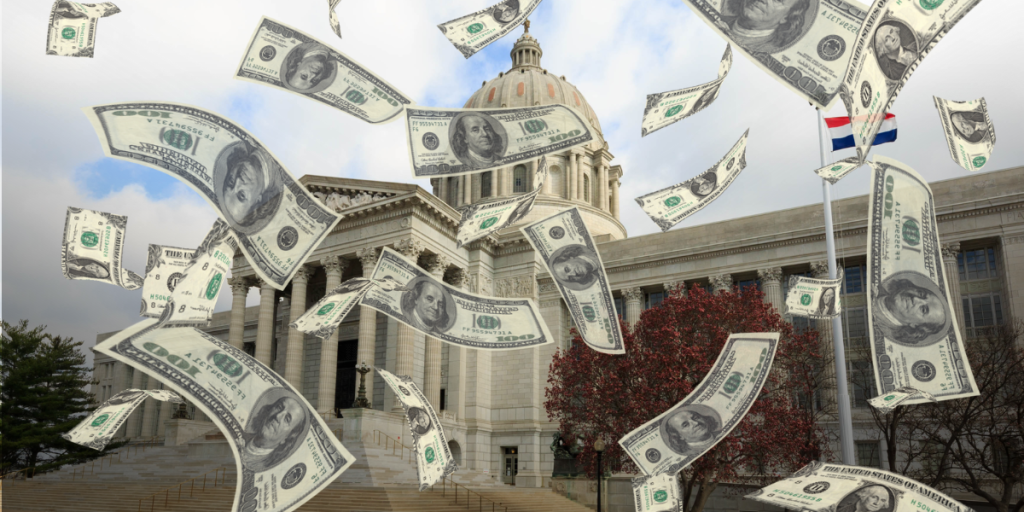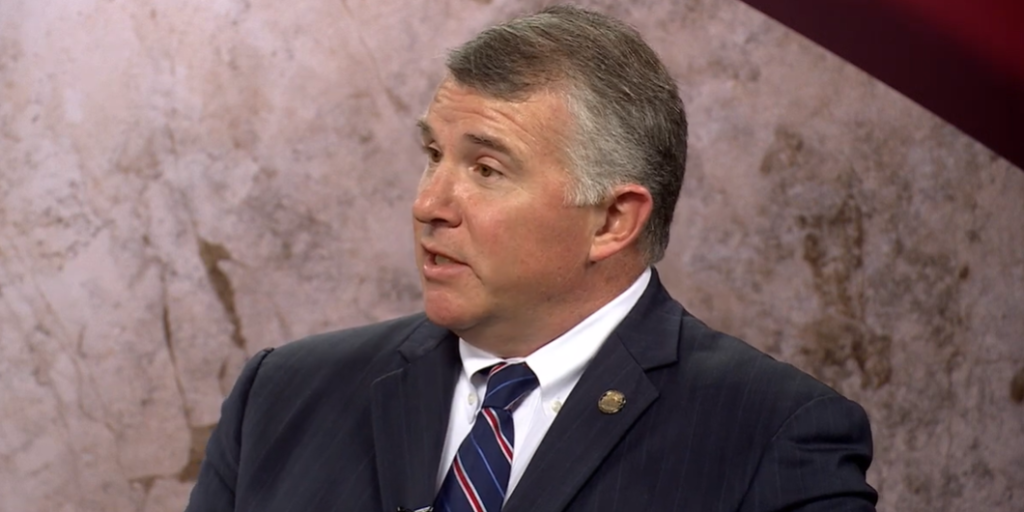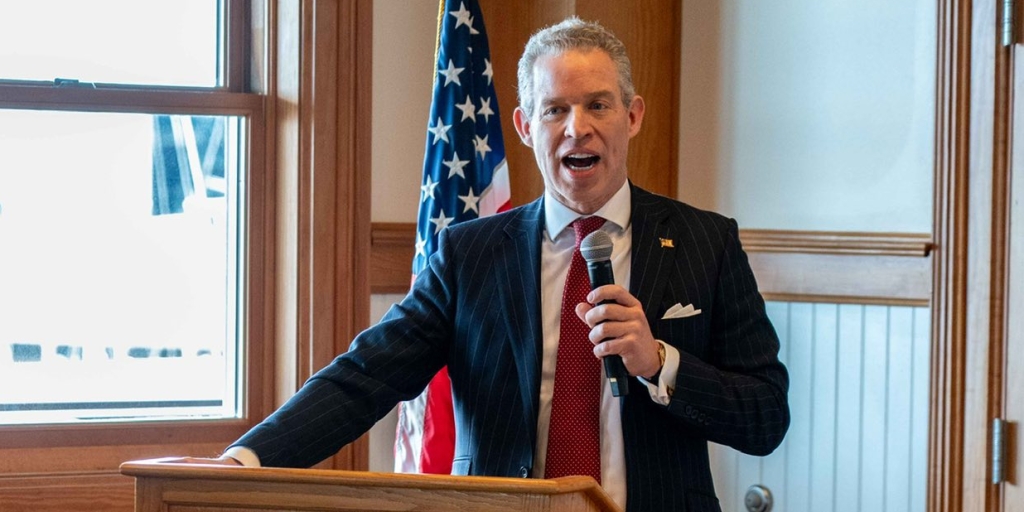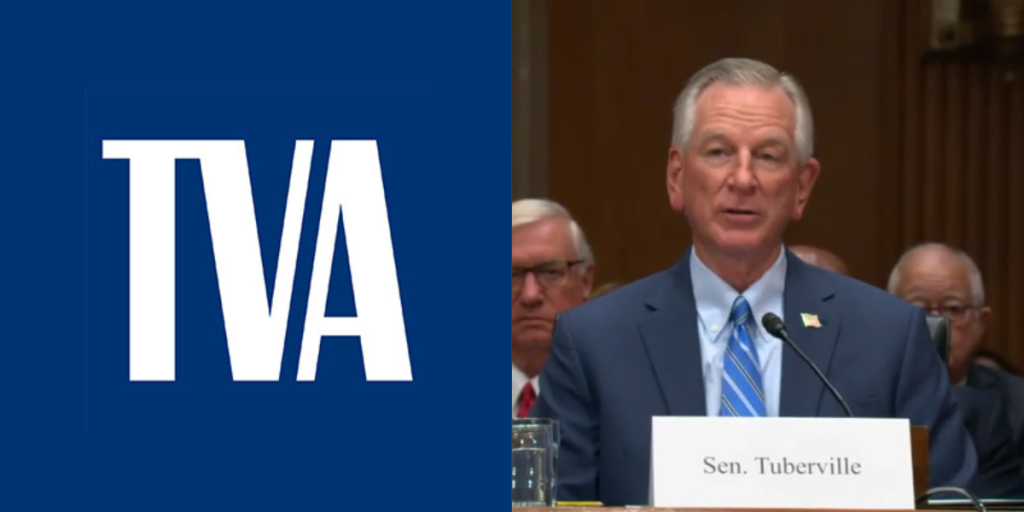Legislation of legalized forms of gambling has been a hot topic around Alabama for virtually all of 2024. While the benefit that seems to be the most generally agreed upon is the dismantling of the illegal betting market within the state — the numbers behind sports betting taking place illegally are staggering.
The Crimson Tide’s historic run to the Final Four certainly helped drive a demand. Since the start of the tournament, online security company, GeoComply, recorded nearly 190,000 geolocation checks in the state and 17,800 sports betting accounts.
These checks represent attempts to access legal and regulated online sports betting platforms located in other states – because these individuals were in Alabama, they were not permitted to place a wager. 42% were seeking to access sportsbooks from neighboring Tennessee that has had legal mobile sports wagering since 2020.
Alabama ranks No. 2 in the nation for Google searches on illegal online sports betting.
GeoComply says it blocked over 2 million attempts to access illegal sportsbooks in Alabama — and that only represents those who were actually caught.
RELATED: State Sen. Chris Elliott: ‘The people just want a lottery’
Google search data shows that when legalization occurs, illegal websites as these receive an immediate steep drop in traffic. Using Bovada as an example (the top illegal sports gambling platform), multiple states saw over a 50 percent decrease in use.
The main argument against the dangers of illegal markets is the lack of regulation. For example, there is little to no age verification and no state or federal tax regulation.
In addition, there are studies that show bettors who develop a gambling addiction have a higher level of difficulty seeking out help when using an illegal book.
Legal sports books, meanwhile, argue that they offer significantly more safety features, such as giving consumers the option of blocking themselves from even accessing the platform, funding responsible gaming research and attempting to educate users on the dangers of irresponsible gaming, and offering the option to set time limits for users.
The National Council on Problem Gaming recently talked about the importance of these steps and praised the efforts of legal platforms.
“Legalized, regulated online gambling in the U.S. has done an excellent job of protecting underage kids from accessing sites,” said Keith Whyte, executive director of the National Council on Problem Gaming. “Tech tools in place are sophisticated, robust, and any number of regulators in the U.S. check these things regularly.”
“I’m unaware of any significant breaches by kids.”
Michael Brauner is a Senior Sports Analyst and Contributing Writer for Yellowhammer News. You can follow him on Twitter @MBraunerWNSP






